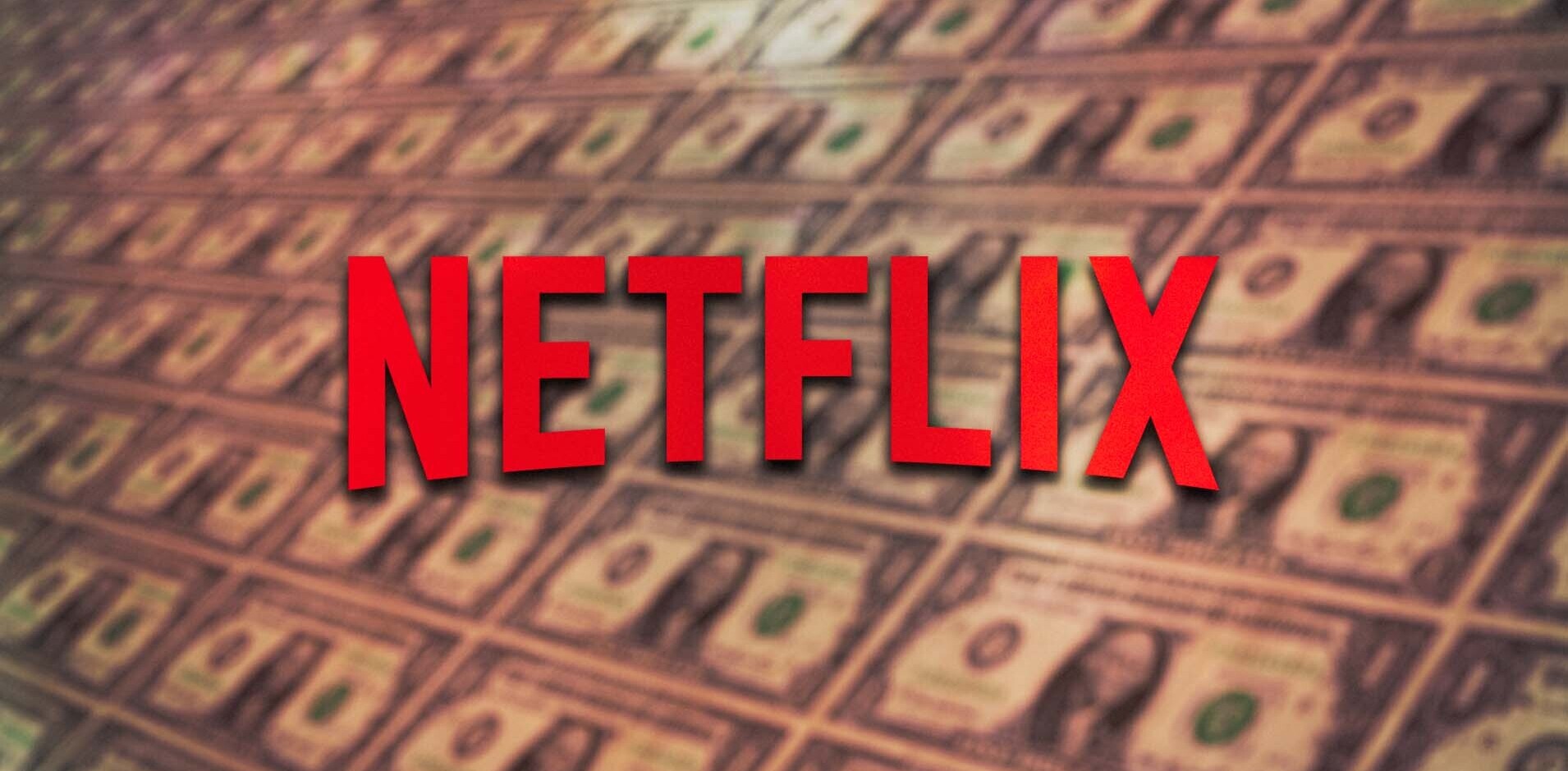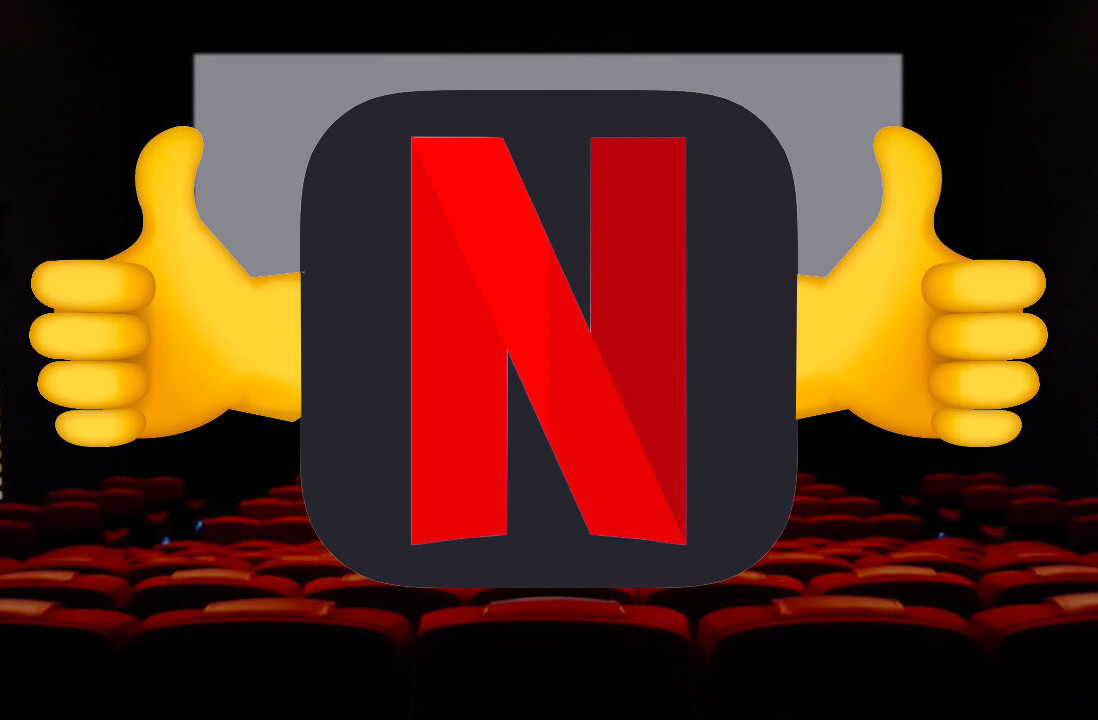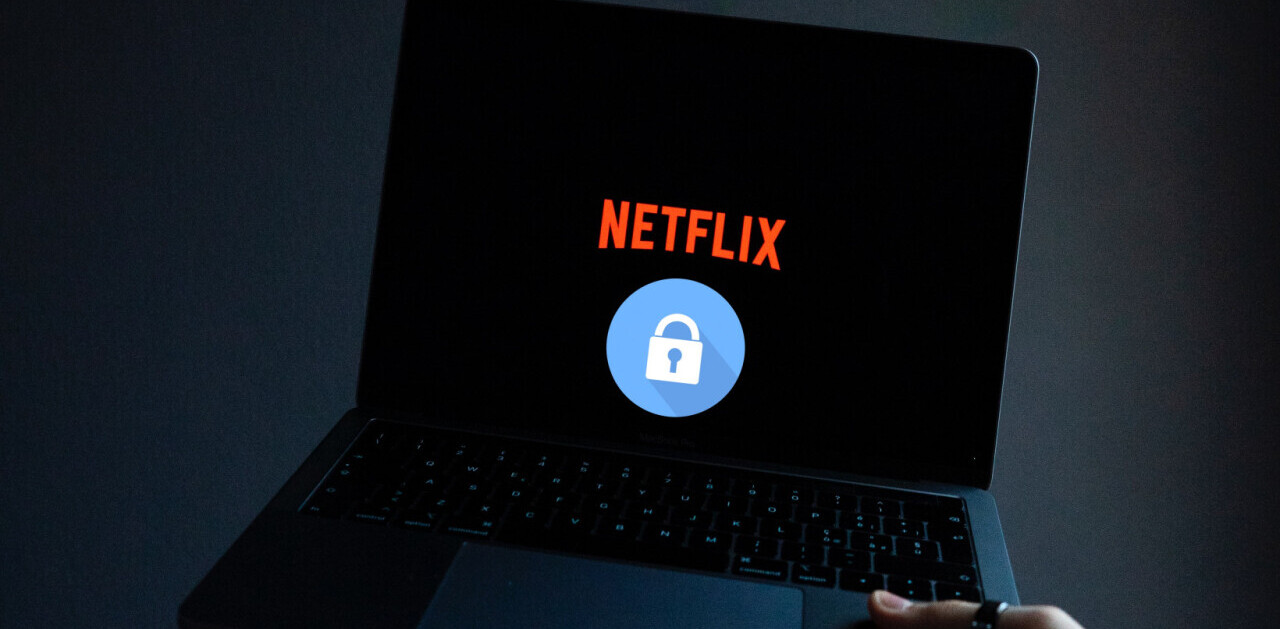
Where to start?
It’s been a tumultuous week in the world of media and it would be impossible to recap everything without erring into dissertation territory. But just for the hell of it, we thought we’d pull together some of the more notable events of the past seven days and present them here in an easy-to-digest package. Here we go…
Sunday, bloody Sunday…
Rupert Murdoch’s arrival in the UK this week has dominated media headlines. News Corporation’s head honcho met with staff at the Sun newspaper, where current and former employees have been arrested in connection with alleged corrupt payments to public officials.
The Sun’s Trevor Kavanagh was on typically offensive form, noting that the “witch-hunt” by police against its staff put the country behind ex-soviet states in terms of press freedom. This was a view shared by the National Union of Journalists too.
Blogger and author Richard Wilson published a brilliant rebuttal, involving ‘pots’, ‘kettles’ and the colour ‘black’.
“Rupert Murdoch’s Sun newspaper has long been hostile to the idea that people suspected of wrongdoing should be treated as innocent until proven guilty,” he wrote, and “that no-one should be locked up for extended periods without a fair trial and due process, and that even if someone is tried and convicted of a criminal offence, they are still entitled to basic human rights.”
His post culminated in:
“The problem with attacking basic democratic principles like human rights and due process is that you never know when you – or someone you care about – might be in need of them.
Trevor Kavanagh’s Damascine conversion to the cause is surely to be welcomed. His friends at the Sun do, of course, have a right to a fair trial and to be treated as innocent until proven guilty. It will be interesting to see if they will now extend that same courtesy to the rest of us.”
While it was thought initially that the meeting was purely to appease staff, irate at the way they had been treated in the wake of the allegations, Murdoch also chose this moment to announce he was launching a new Sunday title called The Sun on Sunday. Why would he do that? Well, ever since he killed News International’s flagship Sunday title, the News of the World, last July, there has been a gaping hole in the media mogul’s armory. The title’s due to launch ‘very soon’.
It’s probably also worth noting that whilst News Corporation’s woes have pretty much been restricted to a bite-sized bubble in Britain, that could be about to change.
The real test of Murdoch’s might could be when legal proceedings kick-off on the other side of the Atlantic. As the Independent reported, Mark Lewis, the lawyer responsible for taking News International to task over the phone-hacking scandal in the UK, is in the “advanced stages” of bringing his first case against News Corporation in the United States.
It looks like 2012 is shaping up for another monumental year for Murdoch, and we’ll likely see some more big developments this year. Will Murdoch stand down to save News Corp. as we’ve previously suggested? Or will it downsize to distance itself from the rot in the newspaper segment of its business? Only time will tell.
Putting the ‘media’ into Social Media

The Next Web was present for a handful of events at Social Media Week in London this week, and Twitter’s impact on the media world received fair bit of attention.
Notably, Twitter, the butterfly effect and the future of journalism concluded that viewing professional journalists, and tweeters/bloggers/citizen journalists, as standalone entities isn’t helpful. Collaboration is the name of the game – journalists use citizen journalists, and vice versa. Modern day journalism isn’t about ‘traditional vs. new’, it’s about traditional AND new.
The day after this event, one of the UK’s leading legal minds, Mark Stephens, talked about Twitter, censorship and the law, suggesting that celebrities taking out super-injunctions to protect their identity was futile in the age of social media and, well, Twitter in particular.
Mark suggested a much more tactful route for celebrities and companies, while reminding those present that he had personally been approached by individuals seeking super-injunctions. “I can’t guarantee anonymity, though I can pretty much guarantee I’ll get you that court order,” he said. “I can’t guarantee it [the information] won’t come out. The very nature of these things is that people talk, people gossip and ultimately there’s a serious risk it will come out.
“It will also be really expensive,” he continued. “It will cost you somewhere between £75,000-£125,000 and you don’t even get a definite outcome. Would it not be better to take, say, £50,000, and give it to a jolly good PR person to generate a lot of good noise around you to drown out the bad noise? I think that’s a much more sensible use of the money than lining lawyers’ pockets.”
At any rate, as the New York Times pointed out, Twitter is all in good fun…until it isn’t, after CNN’s Roland Martin got in hot water for tweeting, “If a dude at your Super Bowl party is hyped about David Beckham’s H&M underwear ad, smack the ish out of him! #superbowl.” Many, including gay advocacy groups, felt that the post advocated violence against homosexuals.
Meanwhile, over at the Guardian, columnist Roy Greenslade pondered whether newspapers should receive tax breaks for good old-fashioned investigative journalism. He reckons it wouldn’t be too easy to manage, saying:
“…if tax breaks or other forms of financial support are to be granted through the state, the money should be used for proper journalistic enterprise. If so, there would need to be oversight on how publishers were spending their resources.
How bizarre this all sounds. The state would need to monitor a “free press” (!) to ensure that the free press was holding the organs of the state to account because the free press cannot be trusted to invest in investigative journalism that does just that.”
Indeed tax breaks to help breathe new life into journalism ANYWHERE should be encouraged, but it remains to be seen how such a scheme could work in reality.
It was also announced that the Associated Press (AP) was suing Meltwater News, an online distributor of digital news. The allegations are that the Meltwater News service sells content (illegally) created by the AP, a 166-year-old news cooperative. It clearly isn’t taking too kindly to an 11-year-old news-clipping service stealing its thunder.
“Meltwater News is a parasitic distribution service that competes directly with traditional news sources without paying license fees to cover the costs of creating those stories,” said Tom Curley, AP ‘s president and CEO. “It has a significant negative impact on the ability of AP to continue providing the high-quality news reports on which the public relies.”
Mathew Ingram from Gigaom asked: Did the AP just declare war on news aggregators? “Like virtually every other traditional news entity, the Associated Press newswire has been under pressure for some time from digital media,” he said. “But this disruption has been even worse for AP and its ilk because they are primarily distributors, and the web has fundamentally democratized content distribution.”
So should the AP ‘fight’, as it is doing, or ‘adapt’, as other industries have had to do? It seems unlikely it can win with lawsuits in the long-term.
Book ’em

E-books are slowly becoming the default medium of choice for literature-lovers, and not a week goes by without at least one small corner of the traditional book market being edged into oblivion.
This week, we reported that Amazon’s omnipresent Kindle could be about to make an appearance in Brazil and Japan, with The Next Web’s Anna Heim noting:
“There are certainly quite a few signs that Amazon is working on licensing online content in those two countries. In Brazil, the first reports of negotiations with local publishers emerged in May 2011, and Amazon has since then hired local staff focused on acquiring content for the Kindle.
As for Japan, the local newspaper The Nikkei believes that the Kindle will start selling in April for less than 20,000 yen (US$260), Reuters reports. According to the daily, Amazon will team up with NTT DoCoMo so that customers don’t pay communications charges when downloading e-books over DoCoMo’s network.”
The e-book industry also received a big boost when it was revealed that two websites that had made hundreds of thousands of e-books available illegally as free downloads, had been forced offline by an international alliance of publishers. The piracy operation was thought to have been turning over more than £7m each year through advertising, premium-level accounts and user-donations.
Video vexes

One week after UK movie-streaming service LoveFilm lost its CEO to, er, Mothercare, another top executive jumped ship, with CTO Mike Blakemore leaving to join the Guardian’s digital development team.
When CEO Simon Calver left, we gave LoveFilm the benefit of the doubt, after all he had been with the company for 7 years. But losing a second executive so soon after certainly smells fishy, and it could well be the case that its owner, Amazon, has something big lined up. The Next Web’s Anna Heim wrote:
“…it remains to be seen how long LoveFilm will manage to maintain its own branding, as Amazon itself seems increasingly interested in online content. Not only has it beefed up its content line-up in the US with a recent programming deal with Viacom and ventured into original production, but rumor has it that it could launch a standalone service, which wouldn’t be limited to Prime subscribers.
This isn’t just random speculation; Netflix itself mentioned this as a serious possibility in its latest letter to shareholders, stating that Amazon will “brand their video subscription offering as a standalone service at a price less than [Netflix’s].”
Speaking of which…despite Netflix previously indicating that it wasn’t going to focus too many resources on DVDs any more, it seems that it might well be focusing on DVDs after all. Right? Well, maybe. But Peter Kafka from All Things Digital reckons the latest announcement to hit the Netflix blog is nothing to get excited about. He says:
“Some of my fellow typers believe that this is a sign that Netflix has re-embraced the DVD business, which has much better margins than the streaming business, but is dropping away, quarter by quarter. That would be a good narrative, but I don’t think it’s true. Consider:
- This is the same $7.99 DVD-only plan that Netflix introduced last July.
- It’s the same URL that Netflix introduced last July. Apparently, it must have gone away at some point between then and now, but the fact that no one seems to have noticed its disappearance is telling.
- New customers who head to the Netflix home page will have no way of knowing that Netflix offers a DVD-only plan. If they click around a bit, they’ll find a note telling them they can add DVDs to a streaming-video subscription plan, but no word of the disc-only option.
- It remains nearly impossible to give someone a Netflix gift subscription that includes DVDs.”
So yeah, it’s just business as usual, and it seems that streaming IS still the future. Though it’s probably worth mentioning that Netflix trimmed $9m of its previously announced Q4 2011 earnings this week, after it had to factor in a privacy court settlement it made. Ouch.
In the broader sphere, digital video technology company Ooyala published its Q4 2011 Video Index Report, which indicated that between Q3 and Q4 in 2011, Google TV viewing grew by 91%, while video plays on tablets, smartphones and connected TVs nearly doubled too. In social, Facebook users on average share ten times more video than Twitter users, though it does have ten times more users.
There was good news for football (soccer) fans too. London-based media company IMG Media, which is part of the global sports, fashion and media company IMG Worldwide, announced a partnership with in-flight entertainment and communication (IFEC) systems company Panasonic Avionics Corporation (Panasonic), to launch what it says is the “first-ever live global premium 24-hour sports channel” for its airline passengers. First up is Gulf Air, with passengers on long-haul flights able to enjoy live English Premier League football, and a host of other sports including tennis and F1.
The Telegraph reported that UK broadcaster ITV had warned Apple not to brand its smart television service ‘iTV’, for obvious reasons. However, those reports were dismissed later that day, with ITV announcing:
“The Telegraph’s piece is entirely speculative, and there has been no recent communication between ITV and Apple. ITV has no further comment on the matter.”
So, erm, nothing to see here it seems…
And finally…

One year to the day after WikiLeaks founder Julian Assange filed an application to trademark his name, an eagle-eyed blogger in Taiwan noticed Assange’s likeness was being used to promote a technology company in the country. We wrote:
“Whilst it’s not all that uncommon for public figures to seek to protect their image with such a trademark, with an extradition to Sweden hanging over his head, it’s not clear how bothered he’ll be that his likeness is being used in this way. And if you’re thinking “that might not be Assange in the advert”, check out this often-published photograph and imagine him with sunglasses on.”
WikiLeaks managed to see the funny side of this whole episode (we think…), posting this tweet not long after:
We trademarked Julian’s name. Now it looks like we have to trademark his face #opportunism ozsoapbox.com/taiwan/julian-…
— WikiLeaks (@wikileaks) February 14, 2012
Get the TNW newsletter
Get the most important tech news in your inbox each week.





